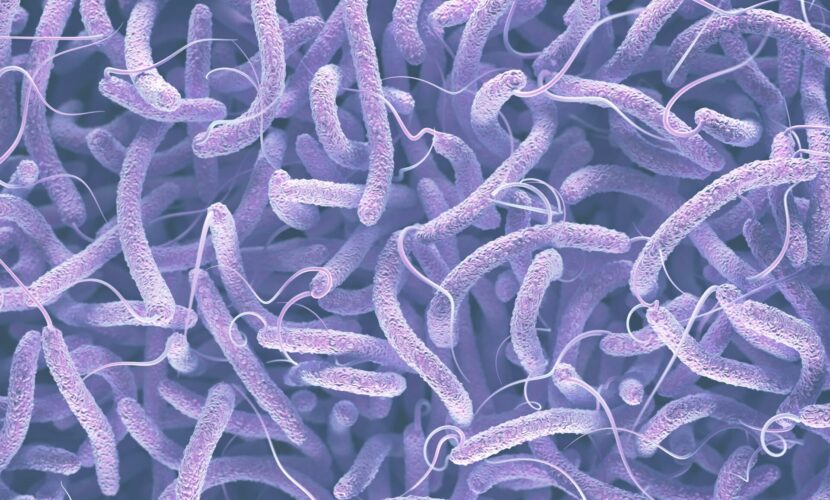While immune checkpoint inhibitors (ICIs) show groundbreaking efficacy in some patients, the response rate is limited to a small percentage (around 20-40%).
Gut bacteria have been identified as a factor that can impact the therapeutic outcomes.
Previous studies have shown that removing gut bacteria in mice diminishes the effectiveness of ICIs, whereas fecal microbiota transplantation has been reported to enhance their efficacy.
The mechanisms by which gut bacteria enhance immune responses outside of the gut were largely unknown.
However, a study published this year revealed that ICIs temporarily induce inflammation in the intestines, causing certain gut bacteria to migrate from the gut to lymph nodes near tumors and activate immune cells.
Additionally, it has been confirmed that the use of antibiotics reduces gut bacteria and decreases the immune response triggered by ICIs.
In the future, there will be an increasing demand for healthcare providers, including general practitioners, to offer support and guidance on optimizing the gut environment through dietary and lifestyle interventions to patients undergoing ICI treatment.
【References】
Yongbin C. et al. Immune checkpoint blockade induces gut microbiota translocation that augments extraintestinal antitumor immunity. Science Immunology, 2023





